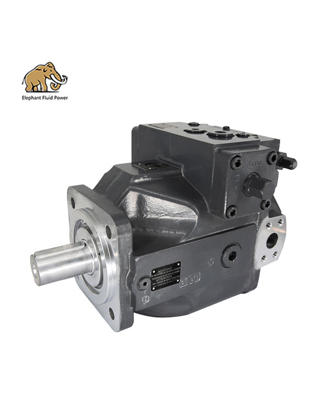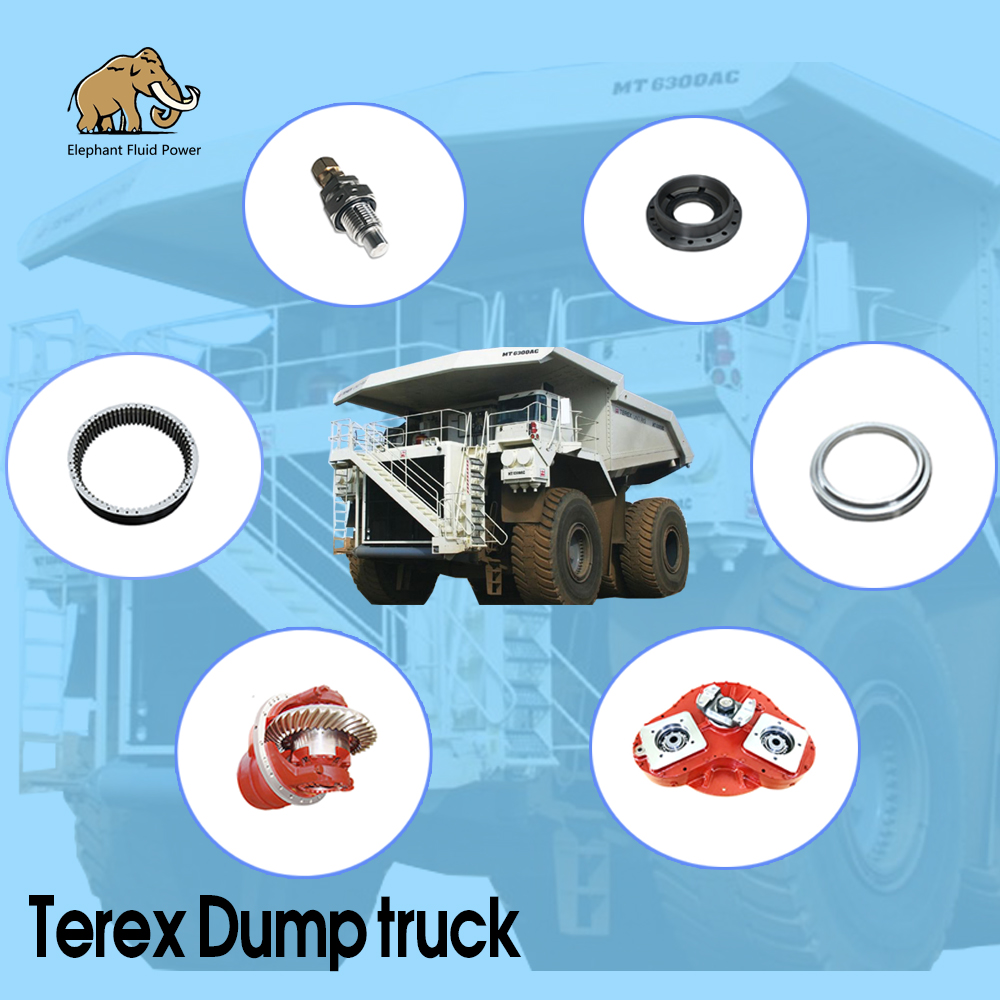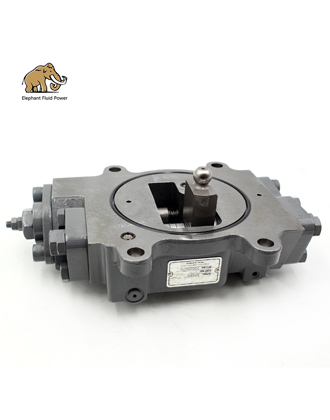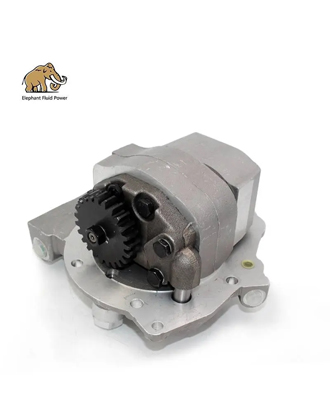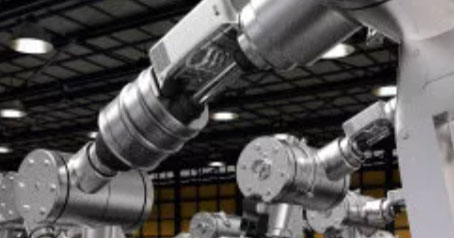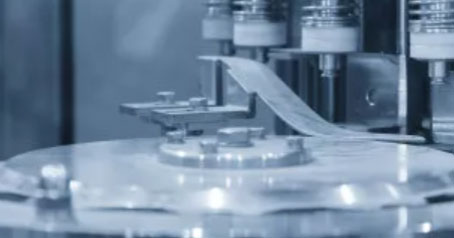1. About the hydram pump
The hydraulic pump is the power component of the hydraulic system. It is driven by an engine or an electric motor, sucks oil from the hydraulic oil tank, forms the pressure oil and discharges it, and sends it to the actuator. Hydraulic pumps are divided into gear pumps, plunger pumps, vane pumps and screw pumps according to their structure. The working principle of the hydraulic pump is that the movement brings about a change in the volume of the pump cavity, thereby compressing the fluid so that the fluid has pressure energy. The necessary condition is that there is a change in the sealing volume of the pump cavity.
2. Application scope of hydram pump
Almost every hydraulic power transfer system uses a hydraulic pump. A hydraulic pump is a device that converts mechanical energy into hydraulic energy, which is a combination of pressure and flow. A hydraulic pump can be any device where you can input force to create pressure, thereby creating flow.
The basic hydraulic pump is a hand pump for any low power application where a prime mover is too expensive or unavailable. The hand pump can be used for auxiliary power, such as releasing hydraulic brakes on implements pulled by the tractor. Instead, hand pumps can be used as the primary hydraulic source, such as for hydraulic power tools or bench presses. Due to the low power input (most people can't get more than a tenth of a horsepower in a few seconds), hand pump application is very slow, although pressures can reach 10,000 psi or more.
Most hydraulic pumps have mechanical input from an internal combustion engine or electric motor. These prime movers rotationally input their mechanical power to the hydraulic pump. The input shaft of the pump will be connected to the gears, vanes or pistons of the hyd pump where they will rotate or reciprocate to transfer pressure (force) to the hydraulic oil. As long as the force (pressure) produced by the pump is high enough, flow occurs at a rate determined by the pump's displacement and rotational speed.
Hydraulic pumps are used in every imaginable mobile or industrial hydraulic machine. Hydraulic pumps are used in excavators, cranes, loaders, tractors, vacuum trucks, forestry equipment, motor graders, dump trucks, mining machinery and more. Mobile applications use hydraulic pumps more than industrial machines because electric actuators are generally not used in mobile machinery.
Hydraulic pumps are still widely used in industrial settings. Injection molding machines, presses (shearing, punching or bending, etc.), material handling, elevators, conveyors, mixers, forklifts, pallet trucks, foundries, steel mills, slitters, etc. The more severe the application, the more likely it is to be driven through the hydraulic pump.
 French
French
 Portuguese
Portuguese
 Russian
Russian
 German
German
 Spanish
Spanish
 Japanese
Japanese
 Korean
Korean
 Irish
Irish
 Greek
Greek
 Turkish
Turkish
 Italian
Italian
 Danish
Danish
 Romanian
Romanian
 Indonesian
Indonesian
 Czech
Czech
 Afrikaans
Afrikaans
 Swedish
Swedish
 Polish
Polish
 Basque
Basque
 Catalan
Catalan
 Esperanto
Esperanto
 Hindi
Hindi
 Lao
Lao
 Albanian
Albanian
 Amharic
Amharic
 Armenian
Armenian
 Azerbaijani
Azerbaijani
 Belarusian
Belarusian
 Bengali
Bengali
 Bosnian
Bosnian
 Bulgarian
Bulgarian
 Cebuano
Cebuano
 Chichewa
Chichewa
 Corsican
Corsican
 Croatian
Croatian
 Dutch
Dutch
 Estonian
Estonian
 Filipino
Filipino
 Finnish
Finnish
 Frisian
Frisian
 Galician
Galician
 Georgian
Georgian
 Gujarati
Gujarati
 Haitian
Haitian
 Hausa
Hausa
 Hawaiian
Hawaiian
 Hebrew
Hebrew
 Hmong
Hmong
 Hungarian
Hungarian
 Icelandic
Icelandic
 Igbo
Igbo
 Javanese
Javanese
 Kannada
Kannada
 Kazakh
Kazakh
 Khmer
Khmer
 Kurdish
Kurdish
 Kyrgyz
Kyrgyz
 Latin
Latin
 Latvian
Latvian
 Lithuanian
Lithuanian
 Luxembourg
Luxembourg
 Macedoniar
Macedoniar
 Malagasy
Malagasy
 Malay
Malay
 Malayalam
Malayalam
 Maltese
Maltese
 Maori
Maori
 Marathi
Marathi
 Mongolian
Mongolian
 Burmese
Burmese
 Nepali
Nepali
 Norwegian
Norwegian
 Pashto
Pashto
 Persian
Persian
 Punjabi
Punjabi
 Serbian
Serbian
 Sesotho
Sesotho
 Sinhala
Sinhala
 Slovak
Slovak
 Slovenian
Slovenian
 Somali
Somali
 Samoan
Samoan
 Scots Gaelic
Scots Gaelic
 Shona
Shona
 Sindhi
Sindhi
 Sundanese
Sundanese
 Swahili
Swahili
 Tajik
Tajik
 Tamil
Tamil
 Telugu
Telugu
 Thai
Thai
 Ukrainian
Ukrainian
 Urdu
Urdu
 Uzbek
Uzbek
 Vietnamese
Vietnamese
 Welsh
Welsh
 Xhosa
Xhosa
 Yiddish
Yiddish
 Yoruba
Yoruba
 Zulu
Zulu

